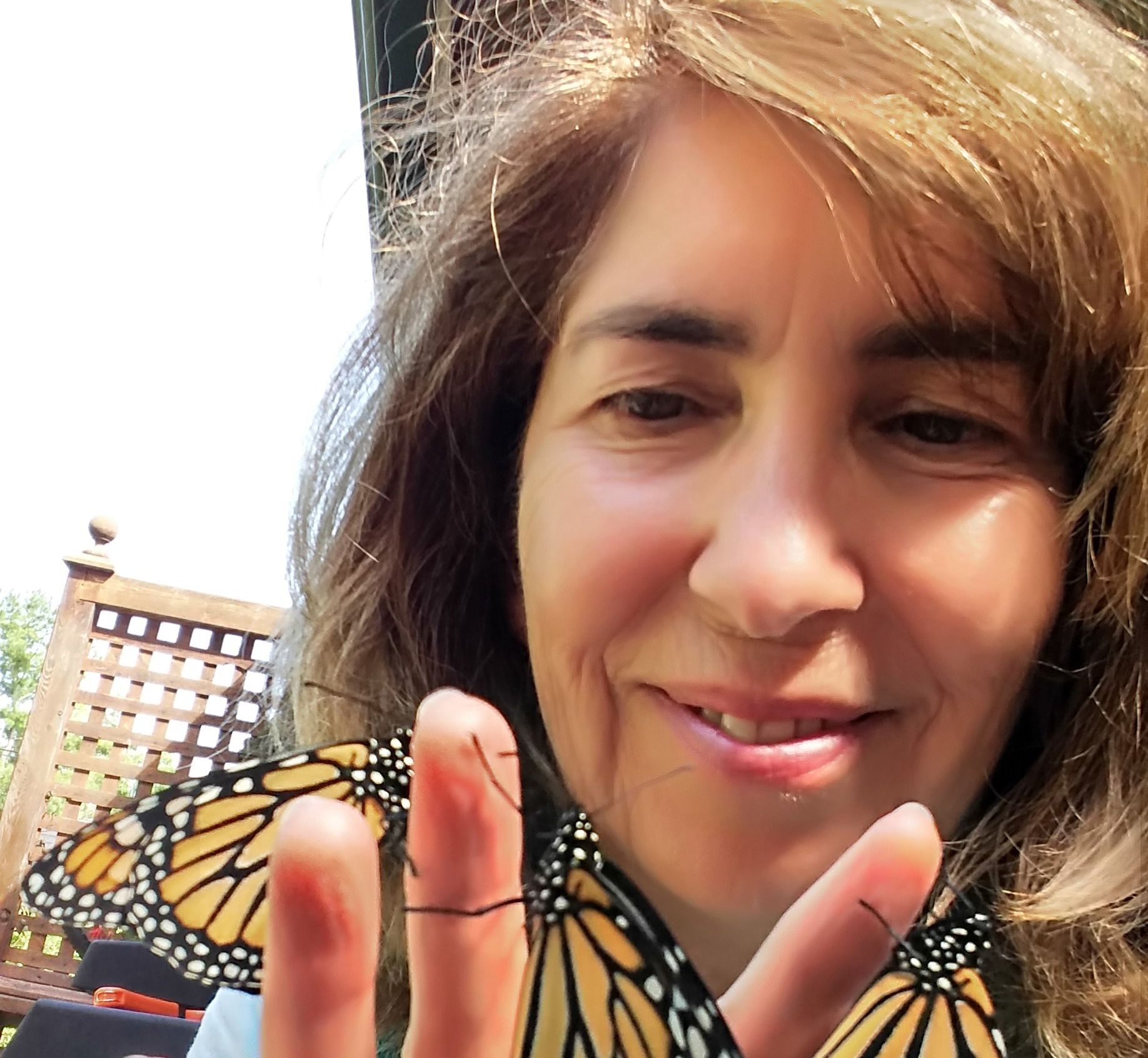Julia Roberts gave birth to twins at age 37, Jennifer Lopez at 38, Diana Krall at 42. With such high-profile celebrities becoming mothers in mid-life, it’s no wonder many women have the mistaken idea that they’re naturally fertile until menopause, around age 51. In truth, fertility in the average woman starts declining almost 20 years before that, in the early to mid-30s. Many people don’t realize that a lot of middle-aged celebri-moms, especially if they have twins, have had high-tech help. It’s a message that infertility experts say is simply not getting through. “We still get patients who come to us at age 41 and have no idea why they can’t get pregnant,” says Dr. Sony Sierra of First Steps Fertility clinic in Toronto.
Data collected from the past few centuries on populations not using contraception all point to the same conclusion, says Dr. Ellen Greenblatt, clinical director of the Centre for Fertility and Reproductive Health and IVF Unit at Toronto’s Mount Sinai Hospital. “It doesn’t matter how young you look on the outside – biology is biology.” Even with the best medical technology available today, a woman over 41 has less than a 10 per cent chance per IVF cycle of having a baby. That’s due to many factors: fewer eggs (a baby girl is born with all the eggs she’ll ever have, and the number goes down dramatically from birth); higher incidence of abnormal eggs; and more miscarriages.
So what of women who reportedly give birth in their 50s and 60s? Greenblatt says, “I can assure you those pregnancies are not with their own eggs.” Ranjit Hayer of Calgary, believed to be the oldest Canadian woman ever to give birth, had twins last year at age 60; Maria del Carmen Bousada de Lara of Spain, the world’s oldest confirmed new mother, had twins at age 66, then died of cancer last year before the children’s third birthday. Both these pregnancies involved donor eggs and IVF treatments, and both generated much controversy. Hayer received IVF in India, Bousada in California after lying about her age. Most IVF clinics in Canada have a cut-off age for women of between 42 and 45.
While fertility gradually declines in men around age 40, there’s no age beyond which men cannot have children. The late prime minister Pierre Trudeau fathered a daughter at 71, actor Tony Randall had two children in his late 70s (his wife was half a century his junior), and Canadian-born author Saul Bellow had a daughter at 84. But advancing paternal age carries its own risks: “There are much higher rates of schizophrenia in children of older men, independent of the mother’s age,” says Dr. Keith Jarvi, a urologist and male infertility specialist. Some studies have also suggested that older fathers increase the risk of autism, Down syndrome and other birth defects in their children.
Recent Posts
U of T’s Feminist Sports Club Is Here to Bend the Rules
The group invites non-athletes to try their hand at games like dodgeball and basketball in a fun – and distinctly supportive – atmosphere
From Mental Health Studies to Michelin Guide
U of T Scarborough alum Ambica Jain’s unexpected path to restaurant success
A Blueprint for Global Prosperity
Researchers across U of T are banding together to help the United Nations meet its 17 sustainable development goals





